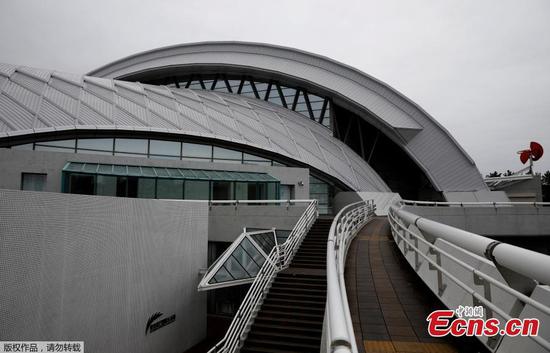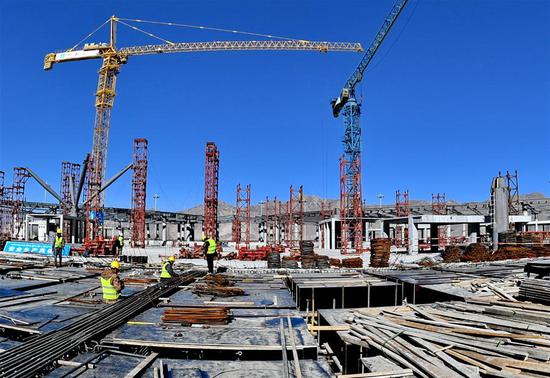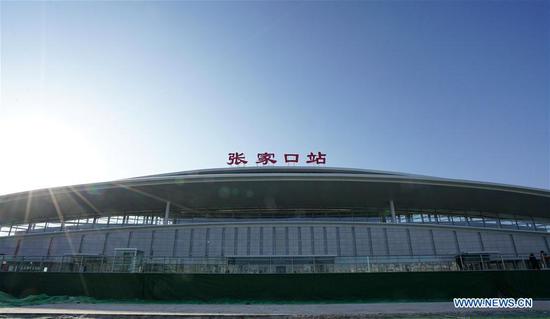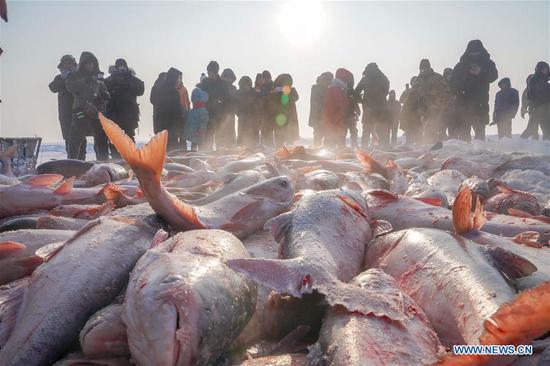The government of China's Hong Kong Special Administrative Region (HKSAR) said Monday that it welcomed a report of the International Monetary Fund (IMF) saying that Hong Kong is well-placed to address economic challenges.
The IMF said in a report that Hong Kong boasts significant buffers and is well-placed to address cyclical and structural challenges despite weakened economic activity and mounting headwinds on the growth outlook.
The IMF also commended Hong Kong for its strong regulatory framework and prudential supervision, which helps ensure the resilience of the financial sector and safeguard financial stability.
"We welcome the IMF's recognition of the robust policy frameworks and ample buffers we have built over the past years, which stand us in good stead to weather the challenges ahead," Financial Secretary of the HKSAR government Paul Chan said.
The report came in as the Hong Kong economy was embracing its first annual decline since 2009 after a wide range of sectors from tourism to catering were battered by the social unrest that has dragged on for more than six months.
The SAR's GDP dropped 2.9 percent year-on-year in the third quarter, sharply down from the 0.4 percent growth in the second quarter and officially plunging into a technical recession.
Given the grim outlook, the HKSAR government has announced four rounds of economic stimulus worth about 25 billion Hong Kong dollars (3.2 billion U.S. dollars) to help businesses and individuals to weather out the hardship.
The IMF recognized the fiscal stimuli to support the economy and the approach to containing housing market risks and increasing housing affordability.
The HKSAR government stood ready to make use of the fiscal buffers to support the economy as and when needed, Chan said.
The IMF reaffirmed Hong Kong's position as a global financial center and regional trading hub, and one of the most open economies in the world.
Hong Kong has continued to maintain its competitiveness in the financial sector which is marked by the free movement of capital and information, a simple tax system, a sound regulatory system, the rule of law and quality professional services, according to the report.


















































